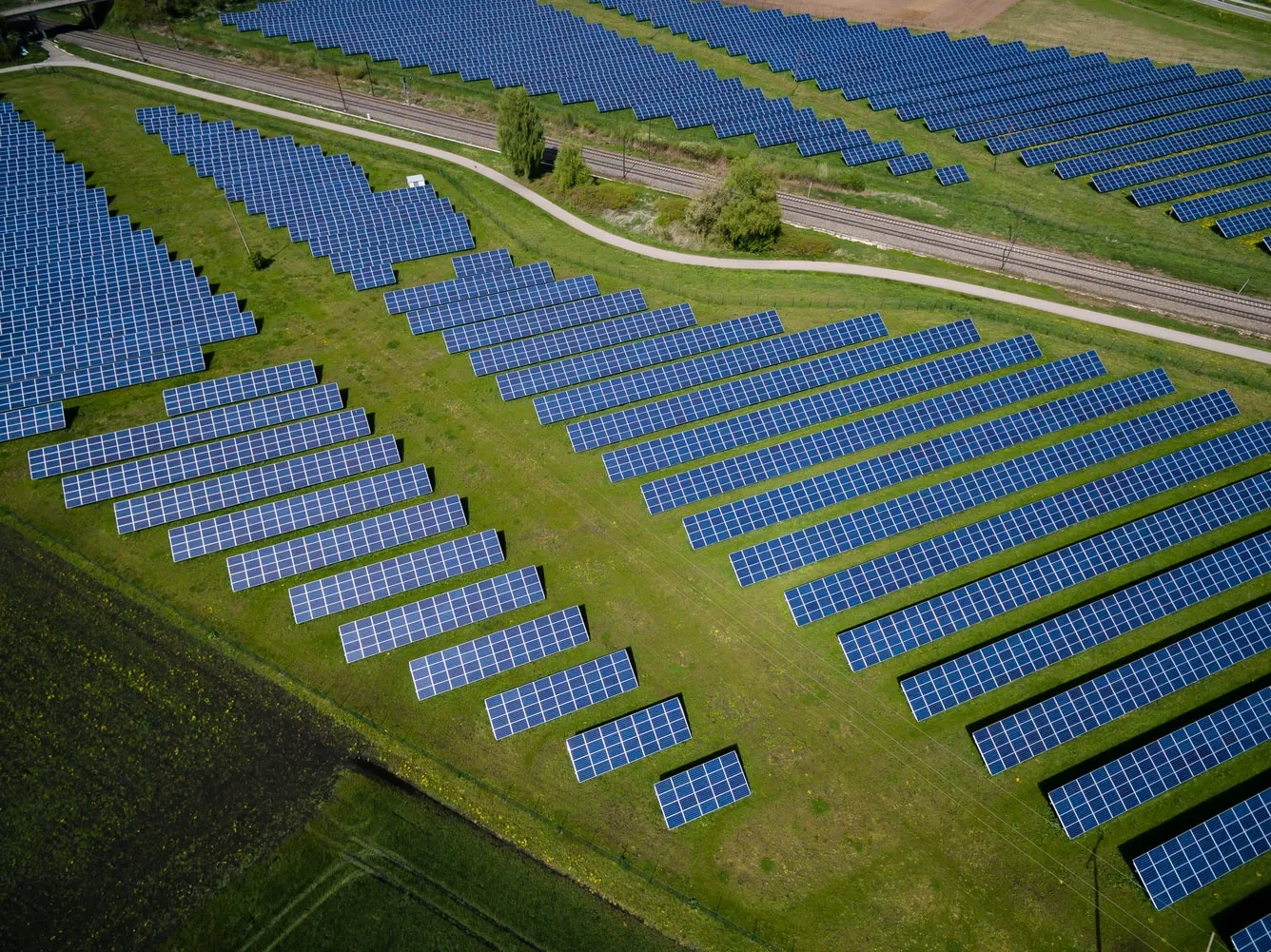At the end of July, Northern Ireland’s Utility Regulator published a call for evidence to review electricity and gas supply licences to facilitate retail market innovation in the context of the energy transition which sees increased digitalisation and changes in demand patterns as a result of new technologies such as EVs and distributed renewable energy.
UR recognises the need for increased consumer involvement in the energy transition as envisioned by the DfE in their Energy Strategy consultation earlier this year and that existing regulatory frameworks may inhibit the pace of innovation. They point to their GB counterpart Ofgem’s ‘regulatory sandbox’ initiatives which enable suppliers to run trials for innovative product offerings on a group of consumers for a set timeframe after which the learnings from the trials are considered to inform future policy. They note that the lack of smart meters in NI, compared to GB where 44% of all meters are smart or advanced, could also constrain innovation in the retail sector.
In this CfE, UR seeks to identify aspects of supply licences which may be acting as ‘barriers’ to suppliers’ innovation projects. Any proposed changes to supply licences would then be consulted on with market participants and consumer representative groups.
This review of supply licences follows UR’s CfE on distribution tariff reform which EAI welcomed and responded to in August. In our response we highlighted how network tariffs can facilitate electrification and assist the operation of a system dominated by renewable and low-carbon technologies by providing:
- Long-term signals to facilitate electrification decisions and investments by individual consumers, small and large as competition among energy vectors is much more relevant than in the past.
- Transparent and accessible data which is central to demand response and efficient infrastructure performance.

